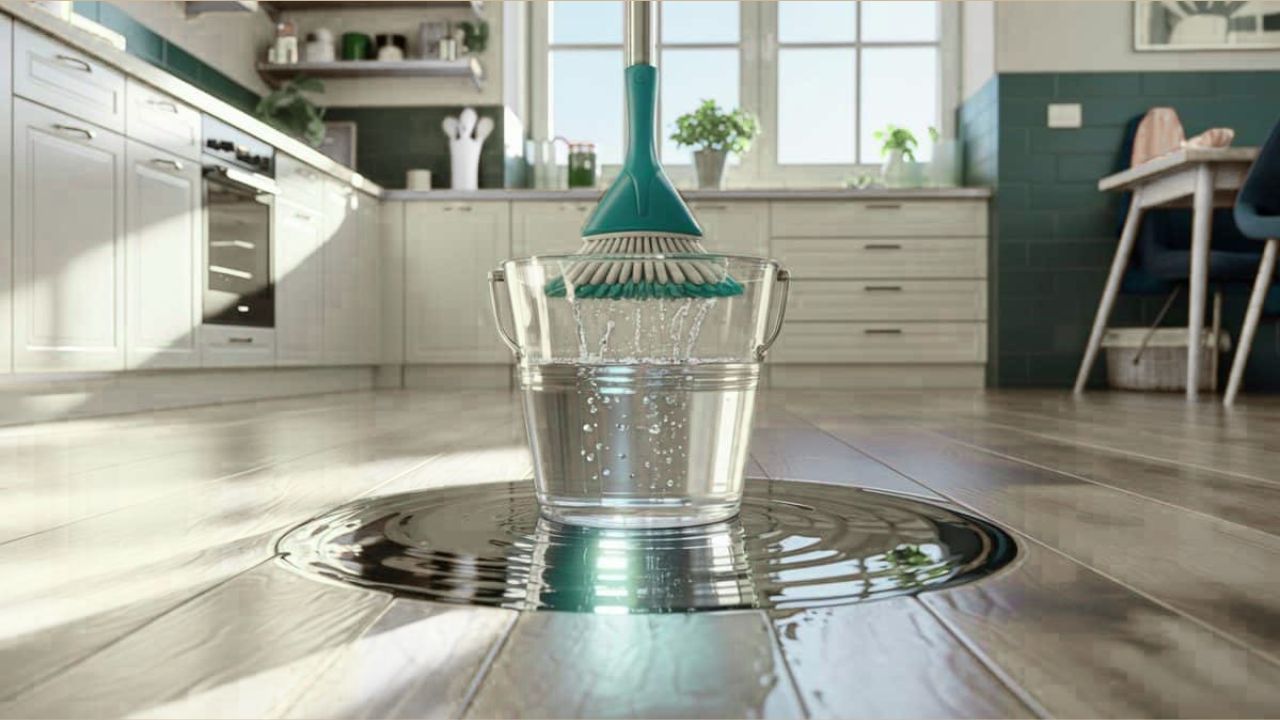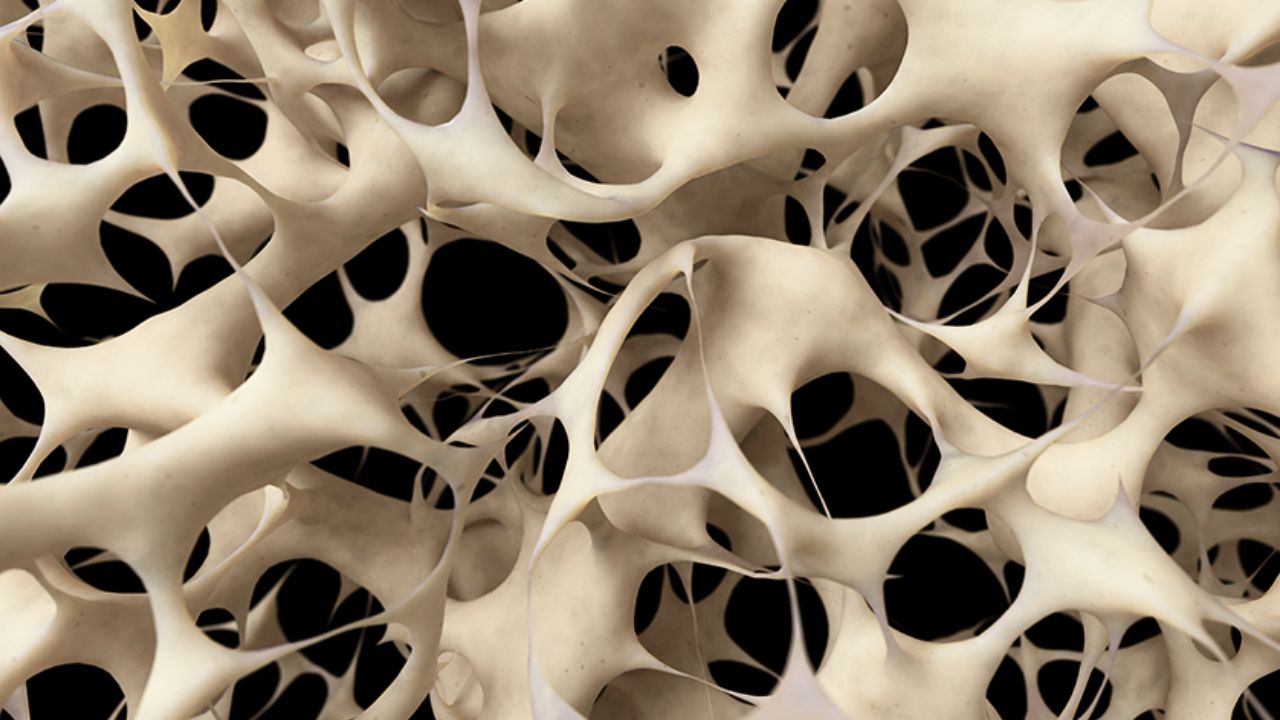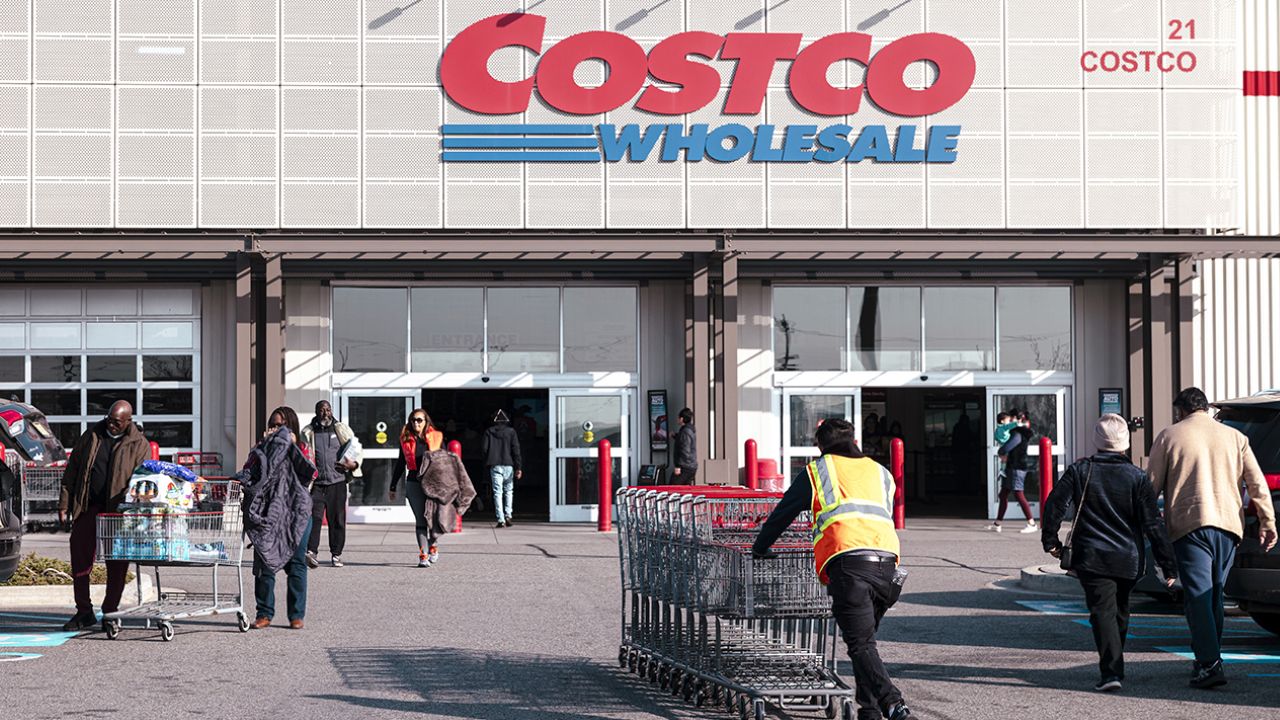Shiny floors don’t have to come from bottles with warning labels and chemical fog. With a citrus-based natural cleaner, you get clean air, safe surfaces, and a fresh finish that feels lived-in—not lacquered. This kind of cleaning isn’t just about appearances; it’s about creating a healthier space for everyone under your roof.
Why Go Natural?
Conventional floor cleaners often leave behind more than a shine—they leave a residue you can smell, feel, and even breathe. A natural blend avoids harsh chemicals that irritate skin, lungs, and pets. The result is a floor that feels clean without squeaks, streaks, or afterthoughts.
Citrus: Small Ingredient, Big Impact
Lemon is nature’s quiet multitasker. Its citric acid breaks down grease, loosens scuffs, and freshens stale odors. Combined with a touch of vinegar, you get a cleaner that’s powerful yet safe, tough on dirt but kind to your surfaces.
DIY Citrus Floor Cleaner Recipe
Here’s a quick, no-fuss recipe you can make in minutes and use all week:
Ingredients:
- Juice of 2 fresh lemons
- 1 liter warm water
- 1 tablespoon white vinegar (optional, for extra cleaning power)
Directions:
- Squeeze lemons into a jar or pitcher.
- Add warm water and vinegar. Stir until evenly blended.
- Patch-test a hidden floor corner first.
- Mop in sections, rinsing your pad or mop head often.
This recipe is budget-friendly, eco-friendly, and leaves your hands soft instead of stripped.
Technique That Works
- Sweep or vacuum first to prevent scratches.
- Use a microfiber mop for streak-free results.
- Work slowly in overlapping passes, letting the solution loosen dirt.
- Rinse often for a professional-level finish.
Where It Works Best
- Sealed hardwood
- Tile
- Laminate
- Vinyl
Caution: Avoid unsealed natural stone like marble or limestone—acids can etch the surface. Always test before applying widely.
Savings and Sustainability
Homemade citrus cleaner isn’t just safer; it’s lighter on your wallet and the planet. Fewer plastic bottles, no artificial dyes, no half-used cleaners crowding your cabinet. Just a short ingredient list and results you can trust.
A Fresh Routine for Your Home
Clean floors set the stage for a calm, intentional space. A citrus wash leaves behind a light, natural fragrance that doesn’t compete with meals or candles. Instead, it lifts the mood—like opening the windows on a crisp morning. Once the floor dries, the room feels reset, and you feel the payoff of a routine that’s both easy and restorative.
FAQs:
Can I substitute bottled lemon juice?
Fresh lemons work best since bottled juice often has preservatives that dull cleaning power.
How often should I use this citrus cleaner?
Weekly for kitchens and entryways; less often for lower-traffic rooms.
Can I add essential oils for scent?
Yes, a few drops of lavender or orange oil blend well and boost the aroma.


















